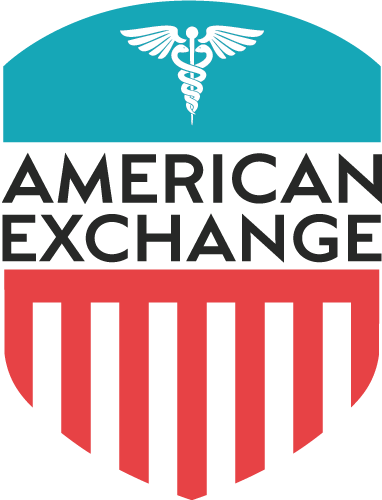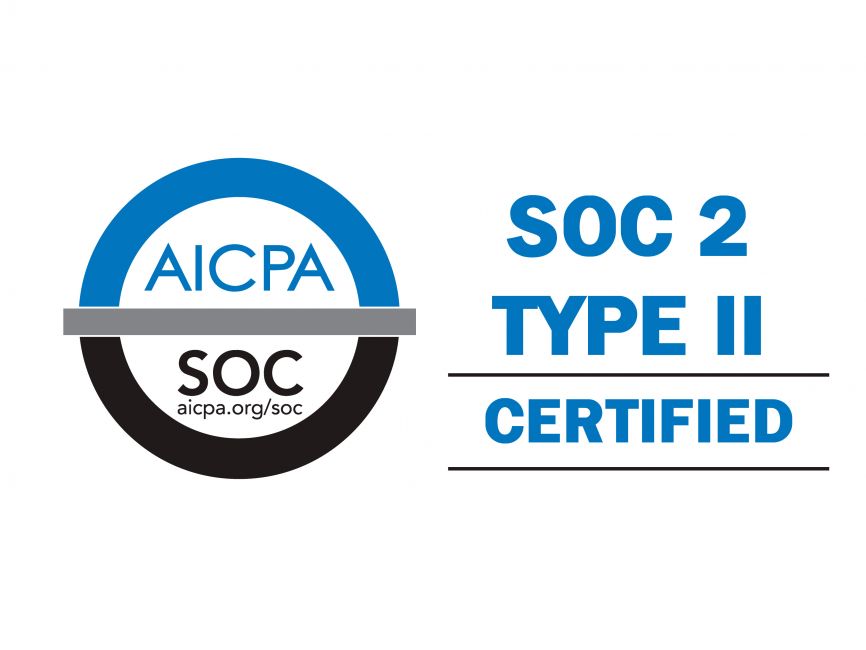On Wednesday, August 1st, the Trump Administration issued new rule allowing consumers to retain short term health insurance plans for as long as three years. The announcement was touted as a solution for Americans who do not have viable options in the health insurance marketplace. While short term plans were an initial part of the Affordable Care Act (ACA), the duration of plans had been limited from one year to three months by the Obama Administration until the new direction was announced. While the industry anticipates the impact, critics of the extension worry that consumers will be duped into purchasing junk plans with limited coverage.
Short term health insurance plans are typically less expensive than their long term counterparts and do not have a limited enrollment period. They were initially intended to be a coverage stopgap for transitional periods as opposed to a long term solution. They are not required to cover essential health benefits that all plans on the marketplace exchanges are, including preexisting conditions, preventative care, prescriptions, or emergency services and usually have high out of pocket costs for the consumer.
Critics worry that consumers will be misled into thinking they are covered in areas that they are not when purchasing the short term plans. In response, Secretary of Health and Human Services Alex Azar said “People need to go in with their eyes open and that’s why we’ve included important consumer protections in our regulation that we’re launching today,” during an August 1 interview on CNBC.
When choosing the best plan for you, it is important to educate yourself as to what the insurance you enroll in covers you for. Ask for specific plan details from the insurance carrier prior to enrolling. As a health insurance broker, American Exchange helps to educate consumers on the plans that they qualify for prior to making the decision on which plan best fits their needs. Open enrollment for marketplace plans begins November 1st and runs through December 15th. When you prepare to enroll, give us a call at 1.888.995.1674 and a licensed agent will assist you.

